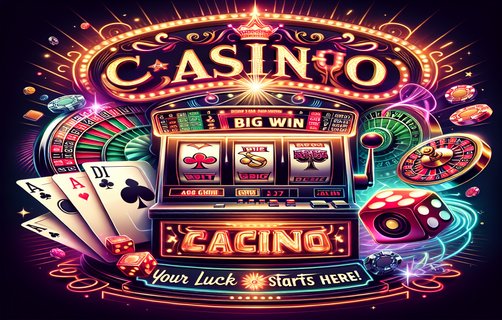Mastering the Art of Poker: Strategies for Success
Poker is not merely a game of luck; it’s a complex interplay of skill, strategy, and psychology. Understanding key concepts like bluffing, evaluating equity, and hand reading skills can significantly enhance your gameplay. Additionally, familiarizing yourself with the rules surrounding casino licenses and bonus codes can lead to improved financial outcomes, while techniques such as stealing blinds and maximizing expected value can further optimize your poker strategy.
Poker Bluffing involves deceiving opponents by making them believe you have a stronger hand than I actually do. Successful bluffing hinges on various factors, including your opponents’ tendencies, the current game state, and your own table image. A well-timed bluff can result in a significant pot, but it must be executed with caution: observe how often your opponents call bets during similar situations, as their behavior can indicate whether they are likely to fold or continue playing the hand.
The legal landscape varies around poker, especially regarding casino licenses. In many jurisdictions, casinos must be licensed to operate legally, ensuring safety and fairness for players. Understanding the licensing of the establishment where you choose to play is critical. Licensed operators are typically subject to regulation that protects players, while unlicensed venues may expose you to unfair practices.
Further enhancing your poker strategy involves leveraging bonus codes, which online poker rooms often offer to attract new players. These bonuses can increase your initial bankroll, allowing you to play more hands and take strategic risks without a significant investment. It’s essential to read the terms and requirements associated with these codes as they often come with restrictions on withdrawals or specific conditions that need to be met before you can cash out your winnings.

In poker, evaluating equity is crucial. This involves understanding the likelihood of your hand winning against your opponent’s hand based on the cards in play. Tools such as equity calculators can assist players in determining their chances of winning, allowing for more informed betting decisions. This mathematical approach is especially important in no-limit games where a single bet can dramatically affect your stack.
Hand reading skills are vital for deducing the strength of your opponent’s hand based on their betting patterns, body language, and reactions. This skill is developed through experience and keen observation. The more you practice reading your opponents, the better you will become at making decisions that exploit their weaknesses.

Another strategic aspect is stealing blinds, which refers to the practice of winning the blind bets without further confrontation. This technique is commonly employed when in late position, taking advantage of the likelihood that players in earlier positions may fold rather than risk their stack against an aggressive player.
Finally, maximizing expected value is a principle that encourages players to make decisions that yield the highest potential return in the long run. This involves not only mastering the aforementioned strategies but also adapting to the dynamic nature of the game and your opponents' tendencies to ensure that every bet you make is backed by sound reasoning.
In conclusion, successful poker isn’t just about the cards you’re dealt; it’s about how you play them. By mastering the various elements of bluffing, equity evaluation, hand reading, and more, you can elevate your game and navigate the complexities of poker with confidence.
